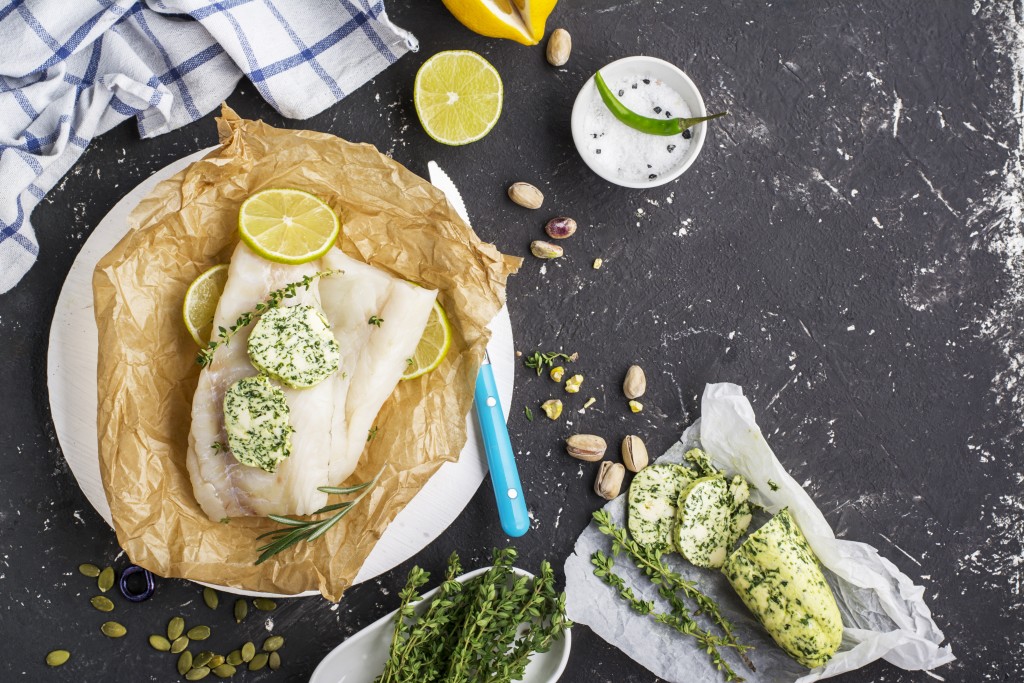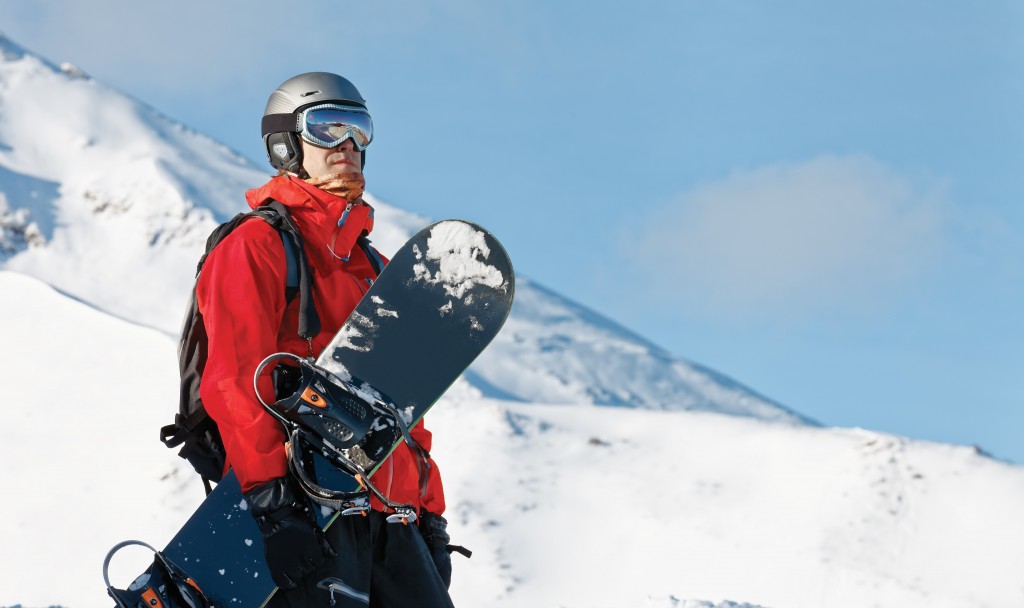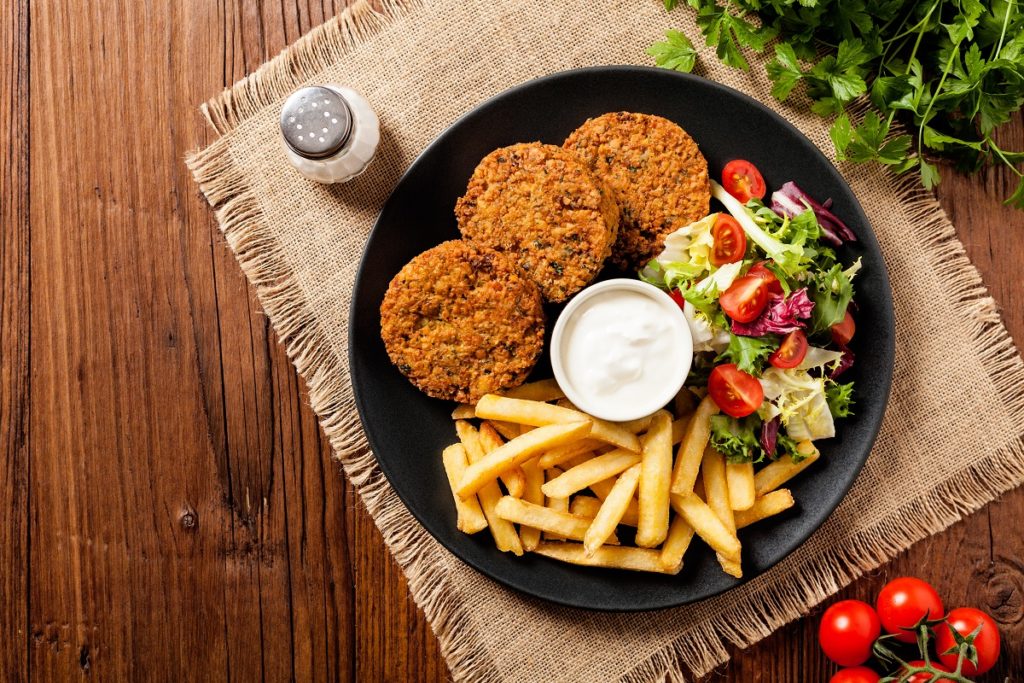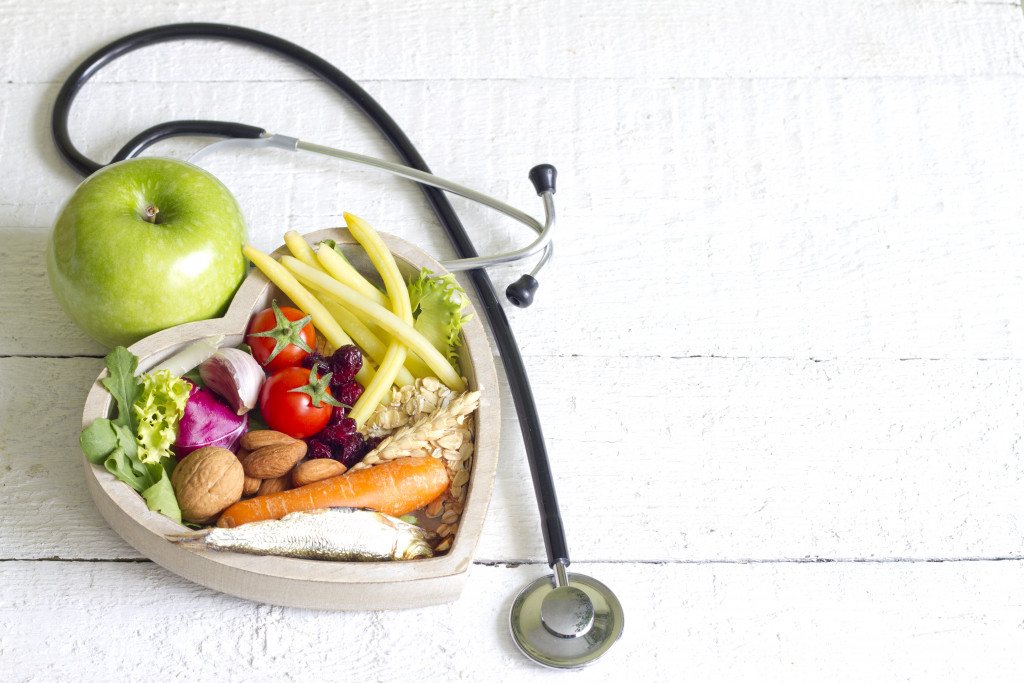Professional athletes have special dietary requirements that keep them fit and strong. If you love sports, know what kind of food you should be consuming even if you’re not playing for honor and glory.
Sustaining strength and energy is a must during your activity, skiing is no exception. These are the food types you should be eating regularly to give you energy on the slopes.
Breakfast is the Most Important Meal
While this is good advice for everyone, it’s something you will want to heed if you’re a skier. Why? Because you would be going up the mountain early in the day and it’s not ideal to do it on an empty stomach.
Start your day with fruits, like a banana and strawberries, along with whole-grain toast. Or a serving of eggs and oatmeal or cereal mixed with berries and banana. But don’t eat too much as you want to avoid the risk of upsetting your stomach early in the morning. Just enough to get you filled until your next snack.
Munch on Healthy Snack
Speaking of snack, pack some munch in case you get hungry or if you expect to be skiing until midday. You need to sustain that energy on the slopes, and you don’t want to be running all the way to the ski lodge to buy food. Bring a few nutri-bars made from fruits and nuts to stuff inside the pockets of your Arcteryx ski pants or jackets for easy access.
Or pack a meat sandwich for a combination of carbs and protein. Turkey, chicken, pork, cold cuts with some cheese will give you a yummy break from skiing.
Eat a Hearty Meal

Take time to enjoy your lunch or dinner during your skiing holiday. Bread, rice, pasta, fish and fruits; salmon and tuna with sides of potato, salad, and steamed vegetables will supply you with vitamins and minerals to keep your stamina up and give you warmth throughout the day.
Don’t be afraid of carbs, too. Eat your beans or rice, or enjoy a few slices of pizza. You need carbohydrates for an easy-to-metabolize energy source, and they also help with altitude sickness.
Stay Hydrated
It’s easy to become dehydrated when in extremely low temperatures; you are likely to feel headache, nausea, dry mouth, and shortness of breath. Less water in your system also hampers your body’s ability to regulate temperature. Hydration is an easy way to fight these symptoms.
Drink lots of water throughout the day. Your diet should also include smoothies or hot chocolate in the morning. Alcohol is a big no-no when in high altitude, but a couple of beers during nightcap won’t hurt. Just don’t bring it with you when you ski.
Competitive skiers have a much stricter diet before, during, and after skiing. You can take notes about their regimen if you want to get serious about the sport. Before planning your skiing holiday in a few months, however, you need to start getting in shape. This sport requires stamina and strong limbs; you want to be sure you can keep up with your fellow skiers.



